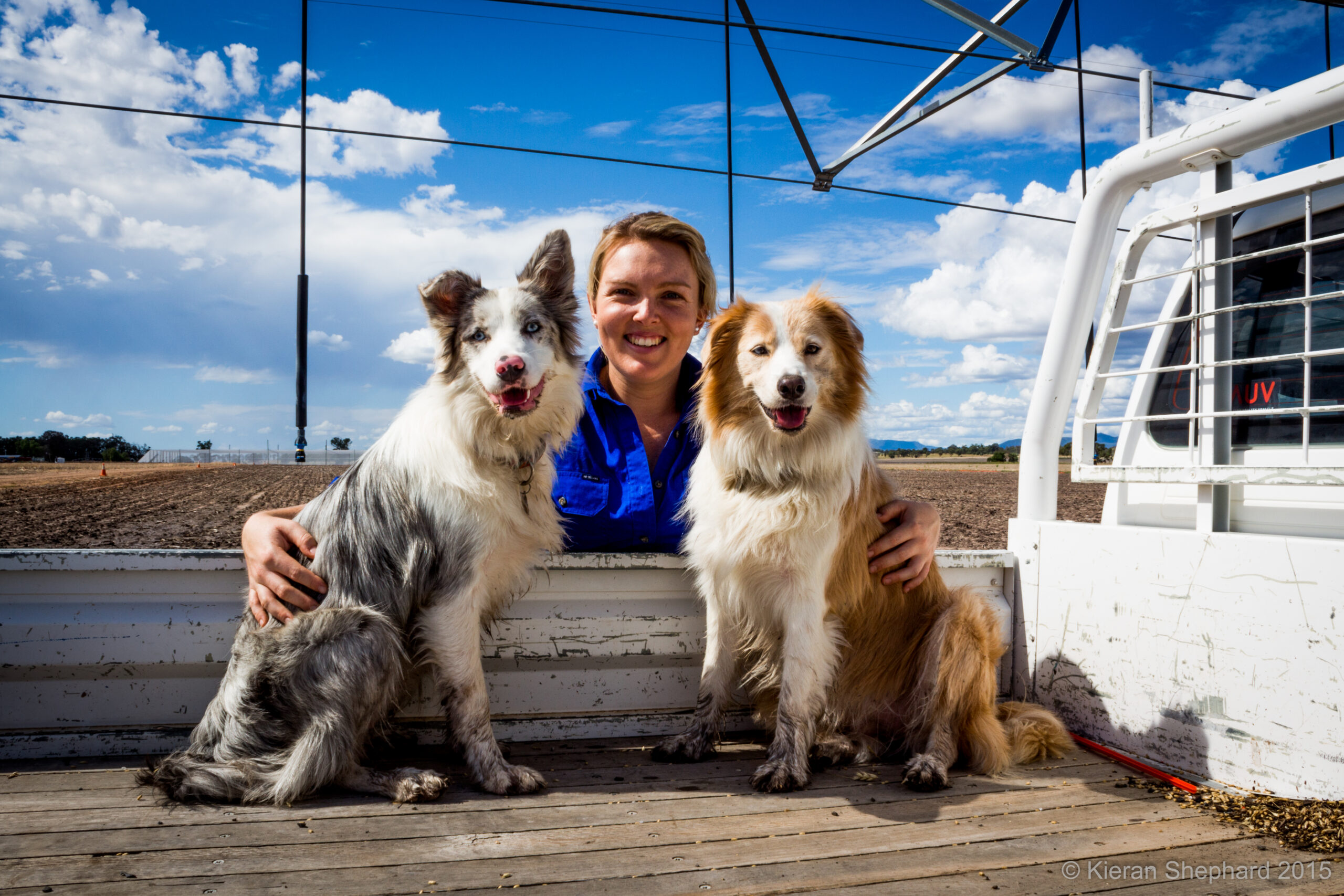Narrabri-based scientist Dr Bec Thistlethwaite contributes a column to The Courier on the science in our daily lives. Readers are invited to send their science questions in to Dr Bec via [email protected]
What causes a yawn – and why are they contagious?
Yawning is one of those everyday things we rarely think about – until we’re suddenly doing it non-stop.
But what actually causes a yawn?
And why do we sometimes yawn just because someone else does?
Scientifically, a yawn is a reflex: a deep breath in, stretching the jaw and filling the lungs, followed by a slow exhale.
For a long time, people thought yawning was just about bringing more oxygen into the body, but that idea doesn’t hold up – research shows we yawn even when oxygen levels are normal.
A more recent theory? Yawning helps cool the brain.
Just like a computer, the brain works best at a certain temperature.
Yawning pulls in cool air and increases blood flow to the brain, which may help regulate its temperature and keep us alert – especially when we’re tired or bored.
So what about the contagious part?
That’s where things get really interesting.
Seeing someone yawn – or even reading about yawning – can trigger a yawn in others.
Scientists believe this is linked to social bonding and empathy.
In fact, studies show you’re more likely to ‘catch’ a yawn from someone you know well.
It’s thought to be the brain’s way of mirroring others, a behaviour that helps us connect and understand each other.
Some animals, like chimpanzees and dogs, also show contagious yawning, suggesting it plays a role in group communication and shared states – like saying, “Hey, it’s time to rest,” without using words.
Yawning isn’t just about being tired.
It’s a complex blend of biology, brain cooling, and social connection.
And now that you’ve read this? There’s a pretty good chance you’re yawning too.
To order photos from this page click here










